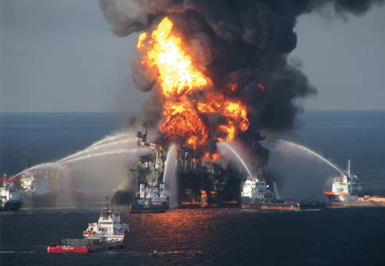While the Jones Act was certainly well-intentioned, there’s no way its designers could have anticipated the wide range of maritime workers who would be employed today. A commercial diver is a great example of this, which is why they should secure a Jones Act lawyer in Houston from Kirkendall Dwyer LLP.
Like many things involving the Jones Act, it could cover divers, depending on the kind of accident they are involved in. If not, the right Jones Act lawyer in Houston can still help you find other maritime laws that seek to protect people in your position.
There’s much more ambiguity involved in commercial diving, too. For example, federal guidelines mandate that certain requirements be met by a diver in order to ensure their own safety. While this is all well and good, there are a number of significant variables that are completely out of their control.
Commercial divers can wind up injured because of issues with their own equipment. Sometimes it’s just a malfunction outside their realm of influence. However, they can also be injured by fellow divers or by other maritime workers operating equipment while they’re working nearby.
As with any maritime worker, commercial divers can take certain steps to protect themselves in the event of an accident (despite the aforementioned vagueness of laws like the Jones Act). The most important is to speak with a Jones Act lawyer in Houston immediately if there are any areas you could use clarification about. This could come up again if you take a job that leaves you with questions. It’s also important that you keep the contact information for Kirkendall Dwyer LLP handy, so you can contact them immediately in case of an accident.
Although the legal protection in place for commercial divers is far less straightforward than that for seaman, that doesn’t mean your job is automatically made less safe. Take the time to speak with the attorneys at Kirkendall Dwyer LLP and you’ll be able to dive with peace of mind.








